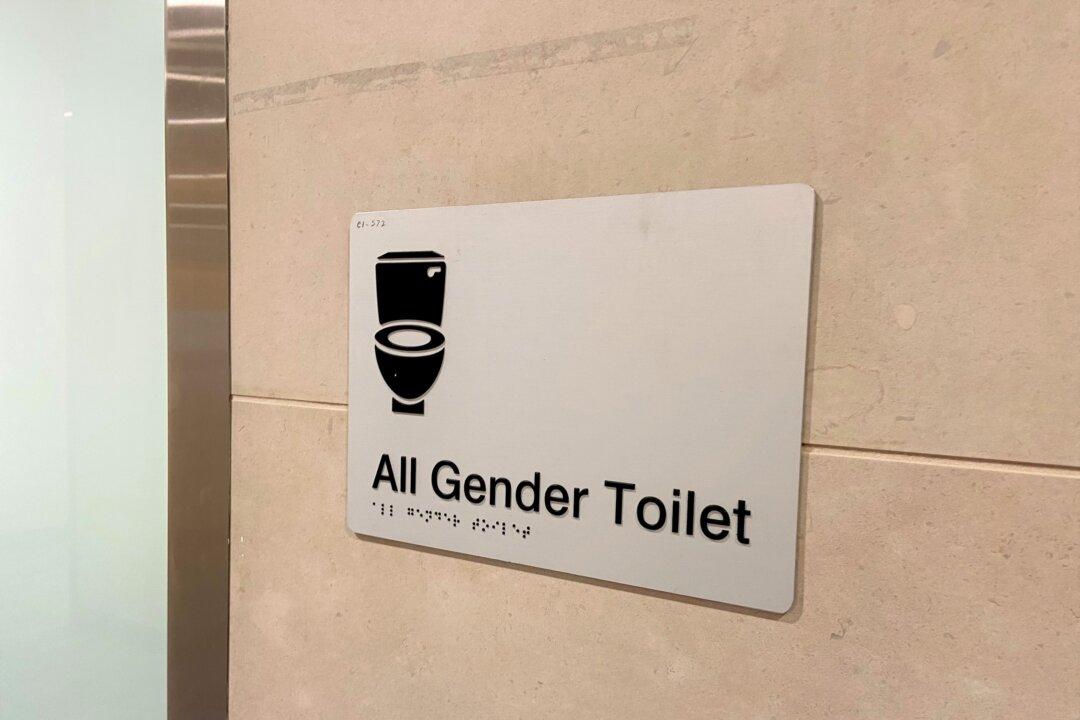Self-identifying transgender children who are 12 and over will be able to change their birth certificate without needing to first undergo sex reassignment surgery, according to new laws just passed by the Queensland Labor government.
Previously, a person would need to undergo surgery before they could alter the gender on their birth certificate; now, the Births Deaths and Marriages Registration Bill 2022 has effectively done away with that provision.





